Share
If you know me, you know that fiction is my JAM! I love being transported into a fictional world that ‘could’ potentially be true. Not that I don’t read any non-fiction, but lately, I’m proud to say that I’ve been compelled to read more non-fiction.
Some stories need to be heard, and thankfully there are so many women from across the world, and across time who have been fearless enough to share theirs.
Non-fiction books by women of colour are crucial to adding to the conversation about race, identity, sexuality, and community. From memoirs to essay collections from Audre Lorde to Roxanne Gay these women’s words educate, enlighten and inspire change.
Here are 10 nonfiction books by women of colour that everyone should read.
In Rage Becomes Her, Chemaly uses scientific research, in-depth interviews, and personal experiences to investigate why we expect and even force women to keep their anger silent and rage intact. But more than that, she makes a case for why that pattern needs to be broken. This book changed the way I feel about my own anger and the messages I give to my son and daughter about expressing their anger based on their gender and the world’s expectations.
There’s a reason that Audre Lorde’s work has stood the test of time. It’s been almost a quarter of a century since Audre Lorde’s essays and speeches in Sister Outsider entered 20th-century literature. But her words are unforgettable, lyrical, and still relevant today. From racism, homophobia, and classism this collection speaks words to the truths that plague our existence as Black women. I wrote down at least 20 quotes from this collection and I suspect I will revisit it to catch what I missed the first time.
“I buried the girl I had been because she ran into all kinds of trouble. I tried to erase every memory of her, but she is still there, somewhere. She is still small and scared and ashamed, and perhaps I am writing my way back to her, trying to tell her everything she needs to hear.”
Roxane Gay’s words are insightful, honest, and so beautifully written. In this collection, Gay speaks of her hunger and how she continues to take up space tackling her complicities and insecurities.
While I can’t imagine what it must be like to live in her body she describes it so profoundly tackling her weight as well as her experiences with sexual assault, and eating disorders.
Hunger is a must-read memoir that centers around the body and how understanding it can cage us and set us free.
When people think of Bell Hooks they normally recommend her book ‘All About Love.’ And yes, I did enjoy that book, but I also recognize that book isn’t for everyone.
In ‘Ain’t I a Woman,’ this landmark work of history and theory challenges every accepted notion about the nature of Black women’s lives. Ain’t I A Woman provides a comprehensive historical and social analysis of the ways black women have been marginalized by both white feminist movements and civil rights movements run by Black men. This book examines the impact of sexism on Black women during slavery, the historic devaluation of Black womanhood, Black male sexism, racism within the recent women’s movement, and Black women’s involvement with feminism. A must-read for anyone who wants to educate themselves on feminist theory.
Assata Shakur is the heroine of her own story and has long been an iconic figure within the Black community. There’s a reason that decades after she escaped to Cuba, Trump demanded her return to the United States. Placed on ‘America’s Most Wanted’ list she has a Two-million dollar bounty on her head. In this biography, Shakur tells her story, a story of inhumane treatment while incarcerated in American prisons, a story of her life and the Black Panther Party. First published in 1988, this book has lost none of its relevance, over 30 years later. Reading Assata helped me understand race relations and political activism. I’ve heard corruption in the court system but nothing could have prepared me for reading what Assata faced, she is lucky to be alive and we are lucky to be able to read her words and hear her truth.
Freedom Is a Constant Struggle by Angela Davis
Davis is one of the most prolific and intellectual activists right now working towards the equality and freedom of Blacks and minorities in the US and across the globe, and this book is a sort of manifesto of her work and ideas. A combination of speeches, essays, and interviews, what Davis does in this book dissects the complexities of racism and oppression particularly when it comes to the systems and institutions that exist today. Her ideas might be a tad controversial but what I appreciate is that they are well-founded in truth and observation and she presents her ideas in a way that is filled with substance and often had me nodding in agreement.
Killing the Black Body by Dorothy Roberts

I will advise that this book is a tough read. It took me some time to get through it because the content is heavy. Since slavery, the bodies of Black women have been controlled, coerced, and abused by the state. In this book, Roberts documents the historical degradation of Black women’s reproductive freedom by systematic, institutionalized decisions based on a confluence of race and gender discrimination. She exposes the cruel history of the United States’ interference in Black reproductive freedom and her findings are truly insightful and important.
We Should All Be Feminists by Chimamanda Ngozi Adichie
“The problem with gender is that it prescribes how we should be rather than recognizing how we are. Imagine how much happier we would be, how much freer to be our true individual selves, if we didn’t have the weight of gender expectations.”
This book is short, sweet, and a much-needed look at gender expectations precisely in the context of African and American culture. I read this book in mere hours but I must say that it stuck with me. This book presents some basic arguments for Feminism through a straightforward culturally sensitive lens. Adichie challenges the notion and the very word of feminism addressing some major themes such as the socialization of children, concepts of masculinity/femininity, and community structure.
I Know Why the Caged Bird Sings by Maya Angelou
A beautifully written and poignant read, ‘I Know Why the Caged Bird Sings’ is the autobiography of poet and activist Maya Angelou. This book is a poetic account of the author’s life up until age 17. Named for the caged-bird image that Lawrence Dunbar used in his poem “Sympathy,” the book honestly reveals the cruelty, indignity, and injustice that confined African Americans in the 1930s and ’40s — the cage — but also celebrates black people’s spirit, humor, and courage. Reading Dunbar’s poem may offer further insight into this book.
Why I’m No Longer Talking to White People About Race by Reni Eddo-Lodge
There you have it, the nonfiction books by women of colour that I think everyone should read. Are there any books I missed that you would add to the list?
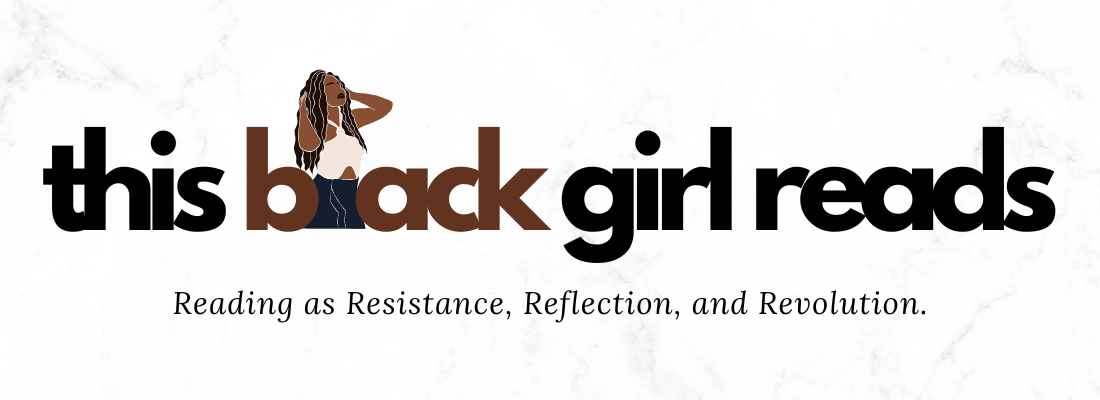










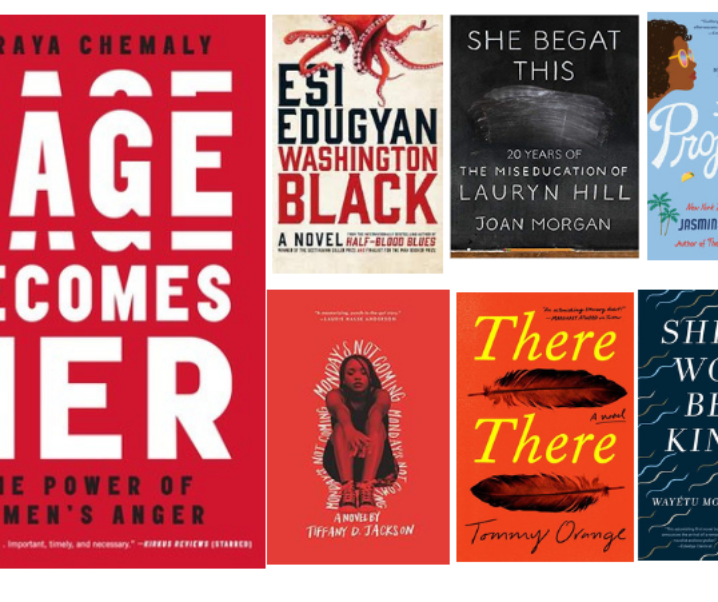



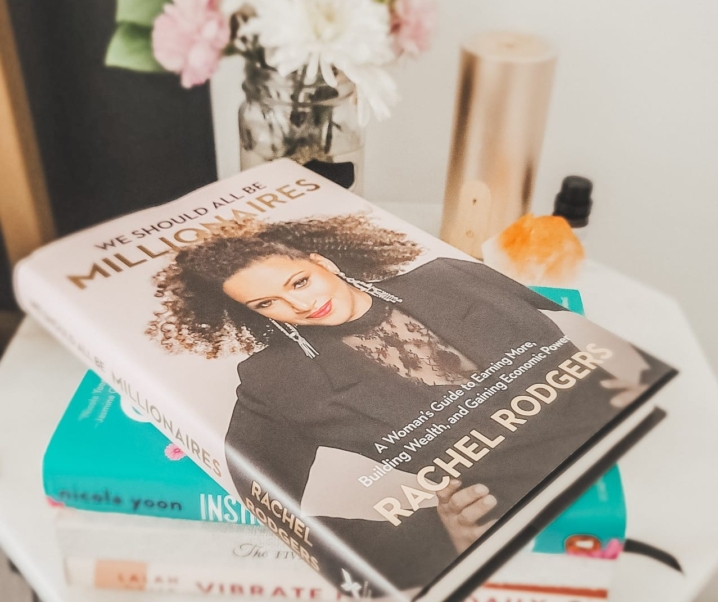
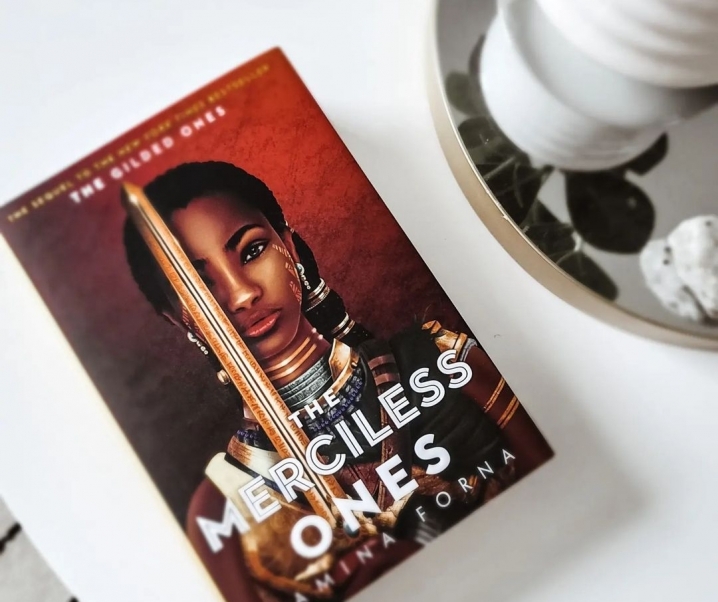
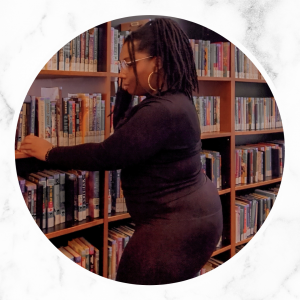
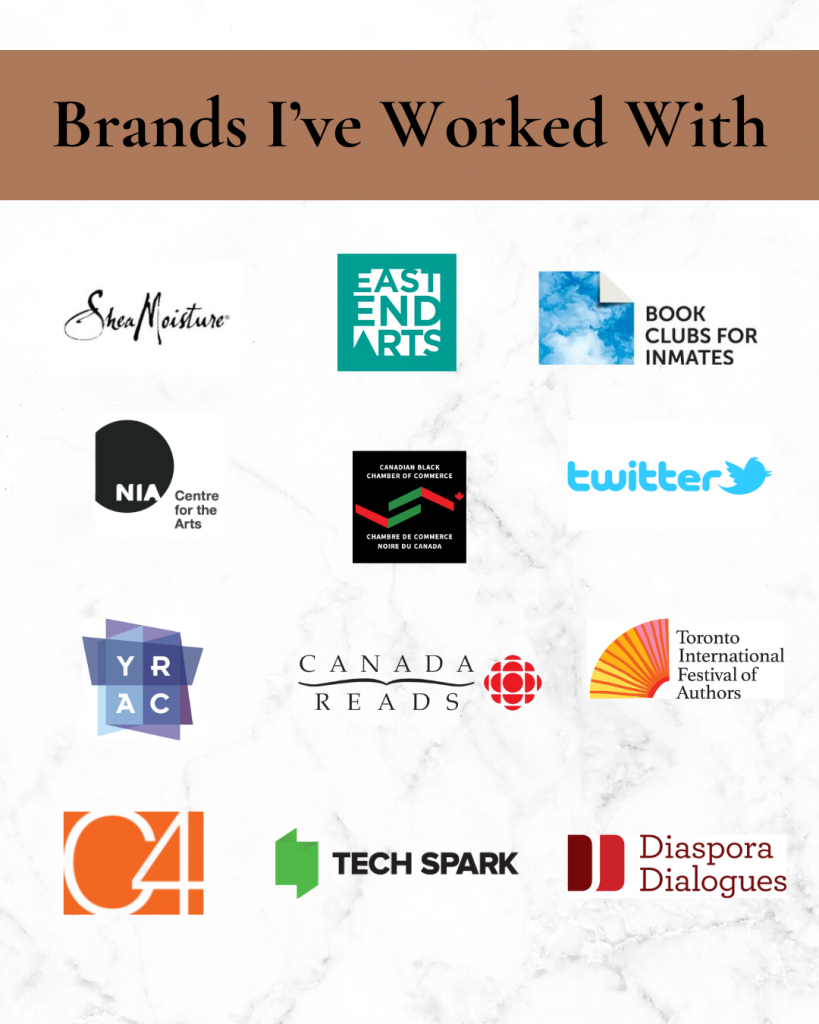
What do you think?